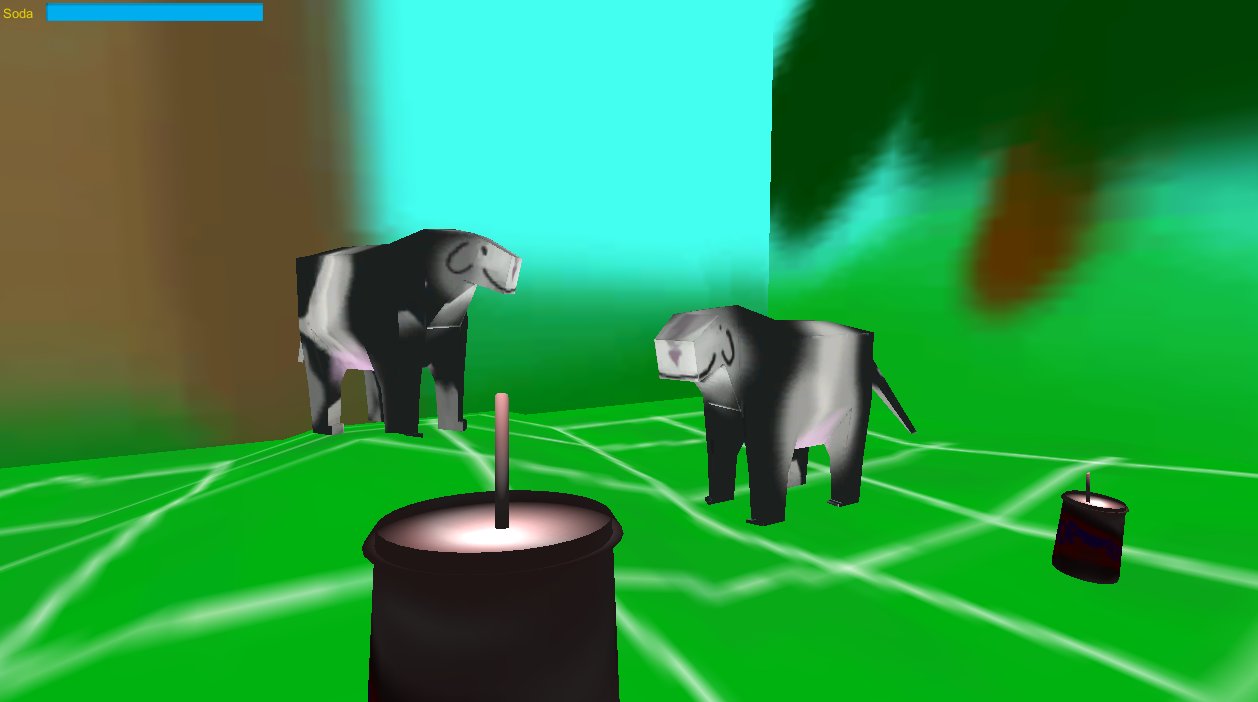
Backers Beware!
No matter how big or small the studio, making games is a business. You have a budget, resources, staff, and expenses. And just like any other business, game developers also have investors. Whether these investors are wealthy entrepreneurs or backers on a crowd-funding site, they are showing faith in developers with their money.
And no matter whether your investment was great or small, you want to be aware of some warning signs that signal a scam or bad idea when it comes to a project you've backed. This is especially true at a time in the industry when it seems like more and more indie games are failing to deliver on their promises.
So here are some of the major red flags to look for when putting your money behind an indie game. If you see any of these, watch out! Your game's developer might be biting off more than they can chew.
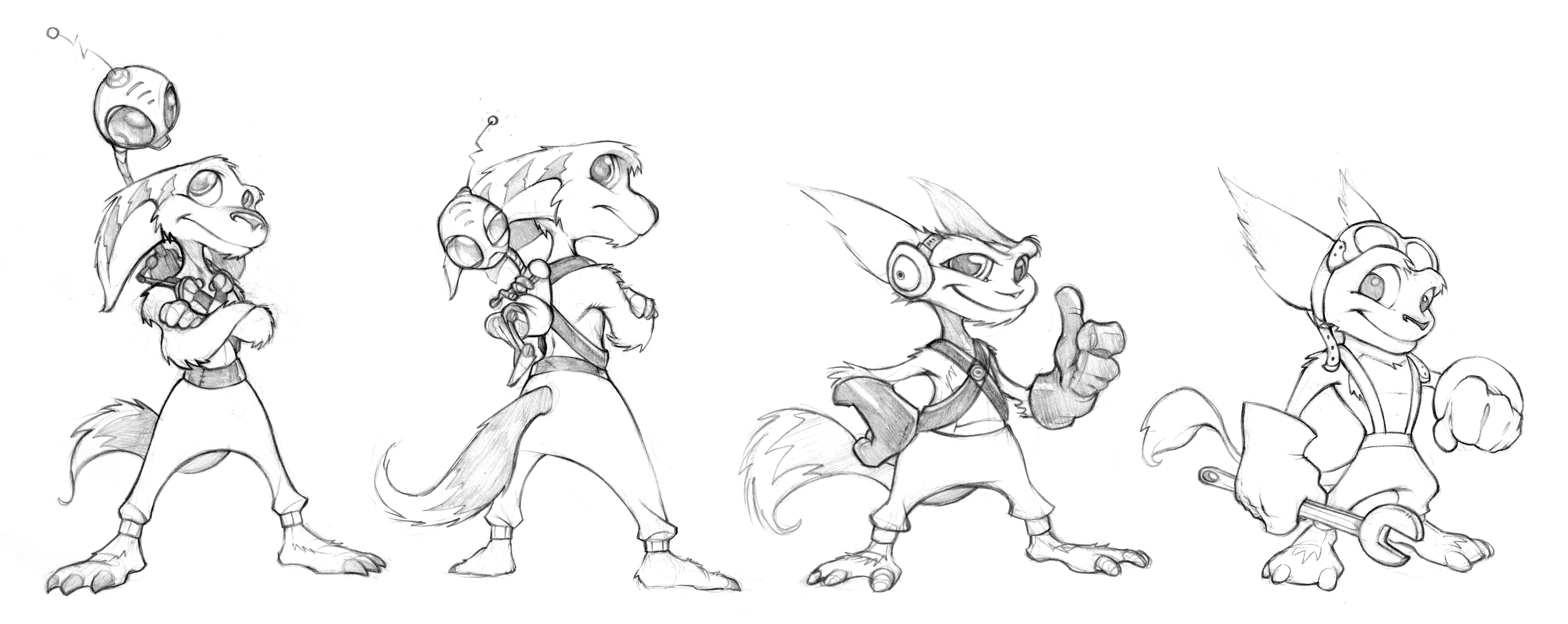
No Core Concepts
The best investments are often made with people that have a plan. It's for this reason that just about every checklist for starting a business has "Write Business Plan" somewhere near the top.
A core concept could be considered the business plan of a game. If the developer asking for money doesn't have any concept art, a prototype build of the game, or any real idea what the final game is supposed to be, that shows a lack of a plan. So goes the saying, "Failing to Plan is Planning to Fail."

Changes in Scope
Developers can often get over-excited about their game -- which is understandable since it's often a passion project. It's similar to a new restaurant owner with plans to have a franchised brand. Long-term goals are great, as long as you can still complete the steps to get there.
Game designers can sometimes promise a lot of features and concepts for a game that doesn't even have a working build. When you invest in a game, and the developers announced they've scrapped plans for a console release to focus on mobile, or change the game from a single player story to a multi-player experience, this essentially changes the idea you put your money into and creates uncertainty.
If they made one big change that doesn't seem to match what backers signed up for, how do you know they won't make more?

Who are they?
It sounds cliche, but the world is connected. If you're a business owner and you don't have a fairly visible web presence, you might want to take a few classes on social media marketing. When you can't find any significant information on the so-called studio or developers you're considering investing in, you could be better off throwing your wallet in front of a dog like it's a pig's ear.
The same goes for their location. If the developer's funding page says they are located in California, but the contact info looks foreign, sound your alarms. As an informed investor, you should always check where the phone number prefix or email domains originate from. The U.S. doesn't use anything but "1" for its phone numbers. So if a studio listed in California has a contact number starting with anything but the number one, be warned.
You could always call and ask exactly where they are, and why the info doesn't match if you're still unsure.

Too Many 'Cooks in the Kitchen"
Leadership is often the determining factor in a company's success. Effective management can pull everyone together and provide a cohesive vision for the whole team. Sometimes, a team of leaders can be more effective than one. The important thing is that they all have specific roles, and don't get in the way of the overall vision.
Creative projects can be some of the most sensitive when it comes to having a coherent vision. Conflicting opinions on the direction of the game, art-style, and other factors can not only delay development, but be catastrophic for everyone if they can't be settled peacefully. A heated argument among management could lead to the development team splitting up and a game being canceled.
In the interest of investing in a project, it's good to know who is doing what. Who leads character design? Who leads level design? All of the roles should have a name with them. You should also check to see if those names change. Did they update their backers on the change? If not, ask why.
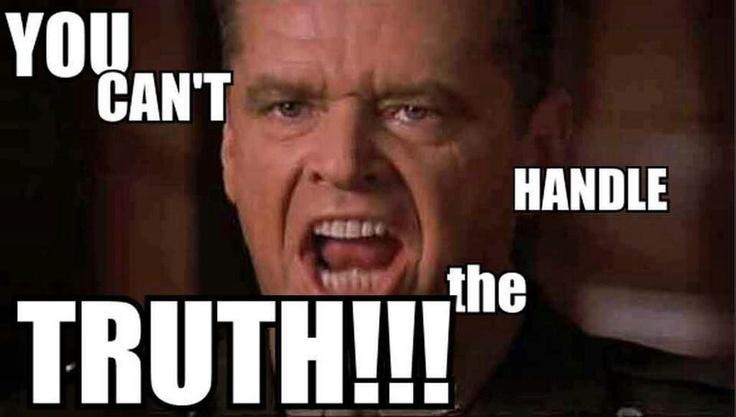
Can't Take Criticism
Taking criticism, as constructive as it may be, is tough. It's often said that it requires a certain level of maturity to take criticism. Sure, the internet is full of people that just want to push buttons and piss you off. It's also full of great advice from people that genuinely want to see you succeed.
If you see a developer responding with hostility to a simple comment, you can bet they do the same with coworkers. While they don't exactly have to give in to the demands of investors, being able to listen and just consider their ideas is a good trait. A developer that responds in a friendly way, thanking you for your input, is one you can be confident in.
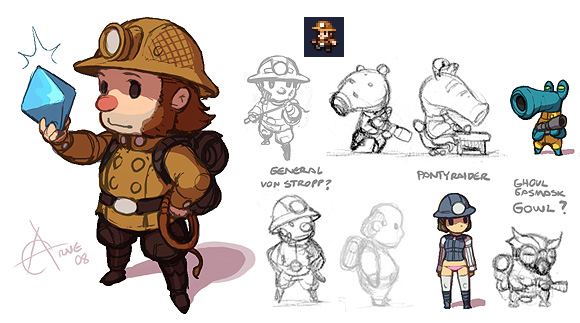
Be Informed
The key takeaway from all this is that you should be an informed indie game investor. This applies not only to the concept of the game you plan to back, but to the actual people your are backing. Having a well thought out concept, a plan for development, and regularly interacting with backers are the signs of a funding campaign you can feel confident in.
Keep up with your investment, checking for major changes in plans and staff. Lastly, do some research. Find everything you can on the people who are making the game. Use Google's Image search to check the authenticity of artwork, making sure it wasn't copied from another site. Search for the developers on social media. If you can't find anything, contact them.
What other red flags have you seen for indie game projects? Got other advice for would-be game investors and backers? Let me know in the comments!

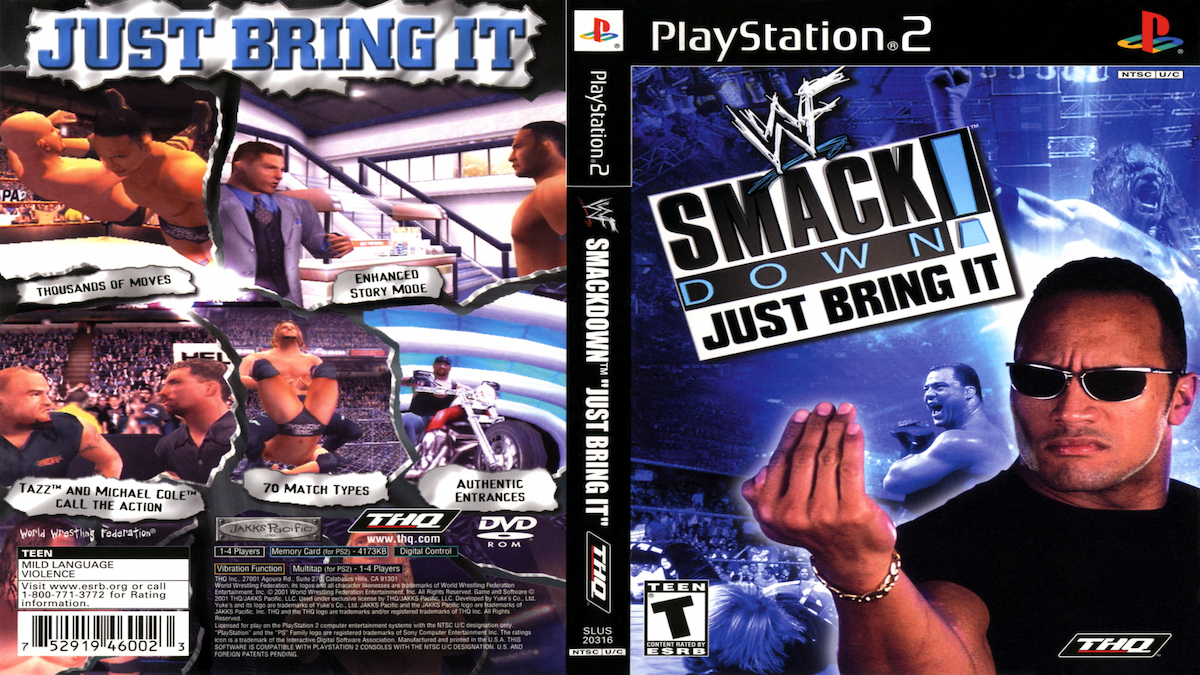
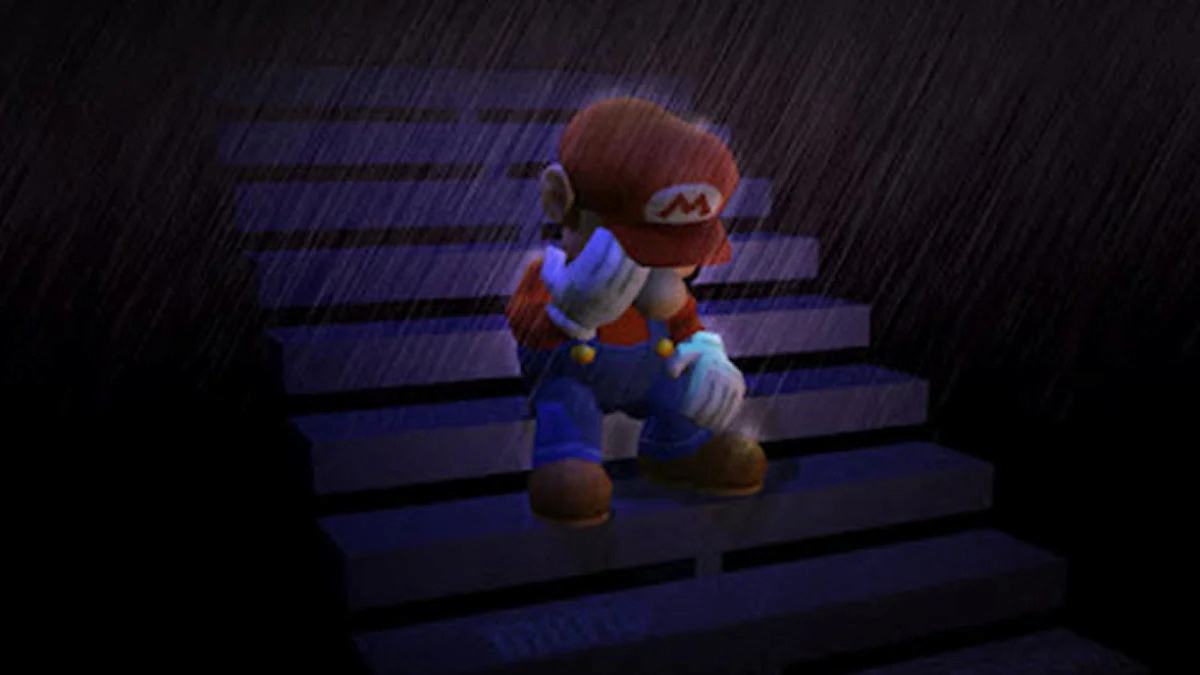
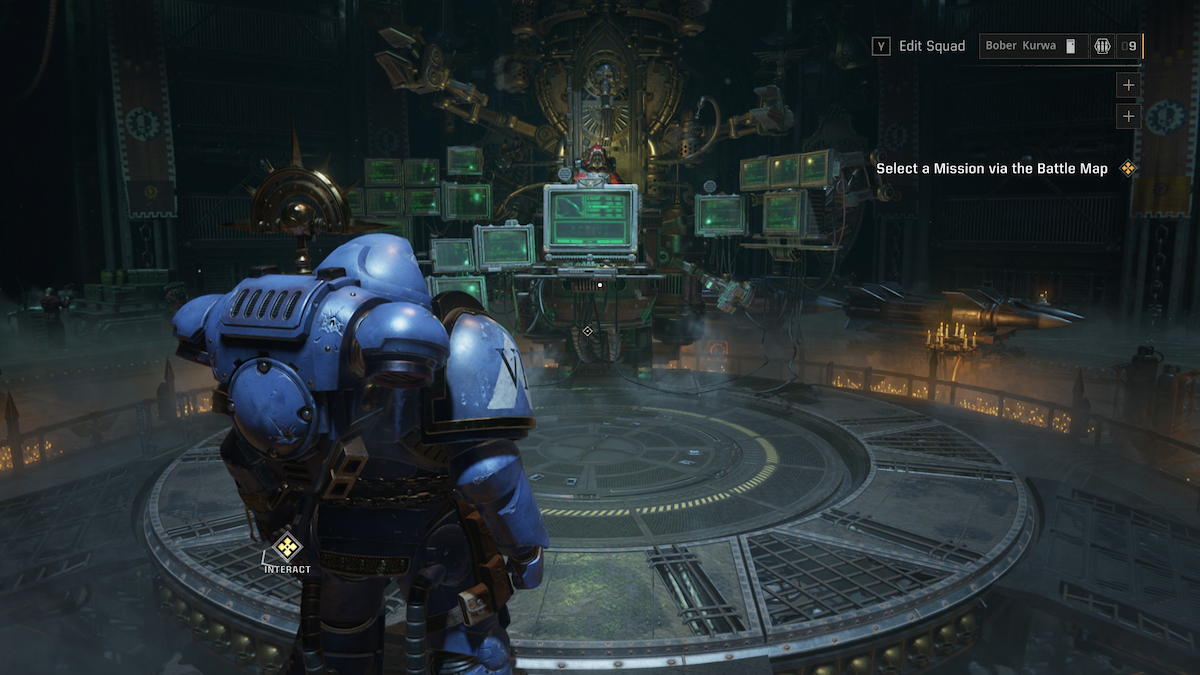
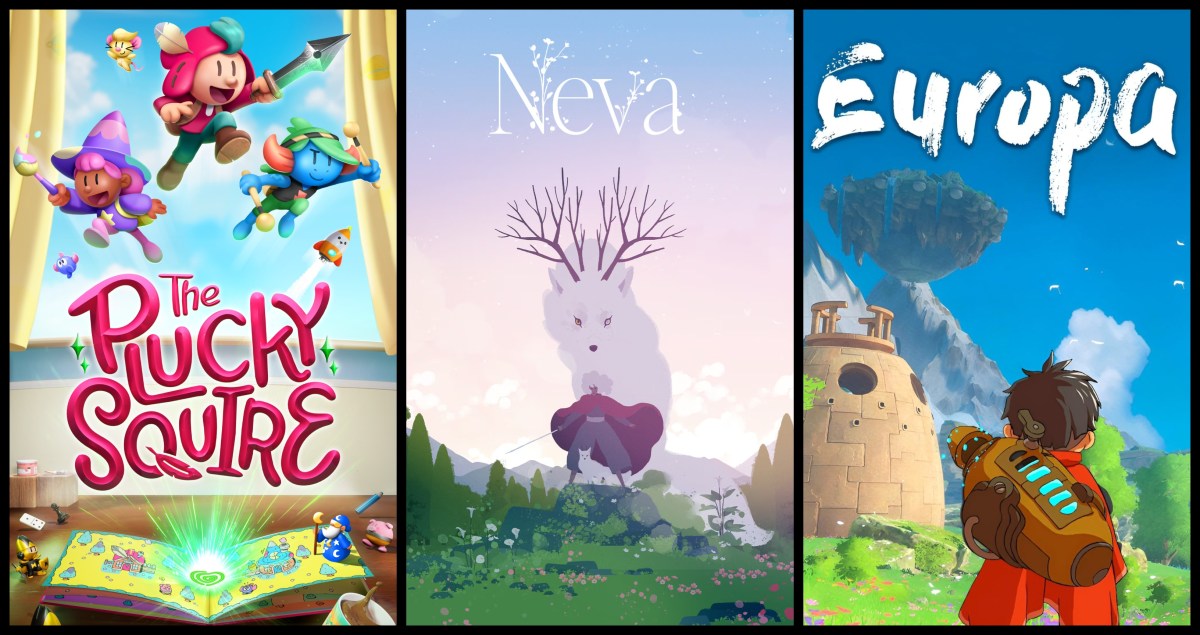
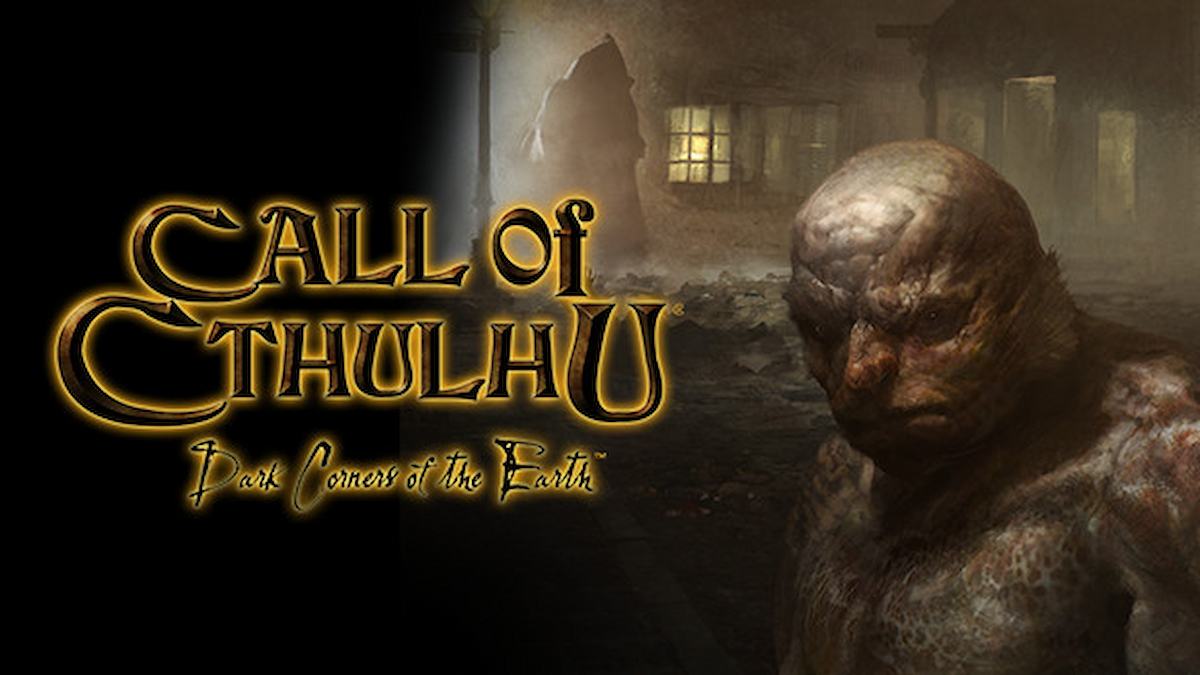
Published: Nov 6, 2016 10:07 am